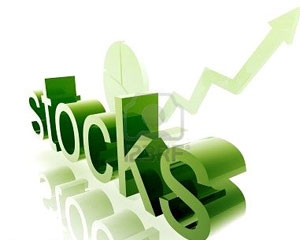VietNamNet Bridge – With the strong demand, the capital flow from foreign
investors can help drive the domestic capital to the stock market in 2011,
experts say.

Economists believe that the demand from foreign investors may continue
increasing in the first months of 2011. It is because Vietnam’s stock prices,
though having increased recently, remain relatively low compared with the stock
prices in other regional countries.
Le Xuan Nghia, Deputy Chair of the National Finance Supervision Council, also
said that the stock prices in Vietnam are relatively low in comparison with the
prices in the world, which is the main factor attracting foreign capital in the
first months of 2011.
Another factor that has big impact on the stock prices, according to Nghia, is
the interest rate. It is expected that the interest rates will go down by the
first quarter of 2011. Meanwhile, in accordance with the economic laws, the
interest rate decrease will help raise stock prices.
Commenting on the strength of the foreign capital flow in the first months of
2011, other economists also believe that the capital flow will be satisfactory,
because the macroeconomic difficulties will be removed. Especially, in the last
few months, the foreign capital has been running to Vietnam’s stock market with
the average disbursed capital of one million dollar a month, while the trend of
disbursement increase will continue in the time to come. This is believed to
serve as the important driving force for the stock market, because this will
positively affect the decisions by domestic investors.
This will prompt domestic investors to return to the stock market after a long
period of sitting idle, when the market was gloomy.
Andy Ho, Director of VinaCapital, an investment fund management company, said
that if compared with other regional countries, the investment capital volume in
stocks in Vietnam is still lower, therefore, there is still room for the foreign
capital to flow to Vietnam.
In fact, foreign capital began flowing to Vietnam in 2010, but at a moderate
level, because investors still had worries about the high inflation rate (11.75
percent in 2010 vs 6.5 percent in 2009), the unstable local currency and
pessimistic assessments about Vietnam’s investment environment made by
international credit rating firms.
However, the shortcomings are believed to be settled soon thanks to the
Government’s efforts. Once the factors such as the inflation rate, exchange
rate, and interest rate return to the normal track, the foreign capital flow
will serve as the strong driving force for the bounce back of the stock market.
Source: Dau tu
- © Copyright of Vietnamnet Global.
- Tel: 024 3772 7988 Fax: (024) 37722734
- Email: evnn@vietnamnet.vn